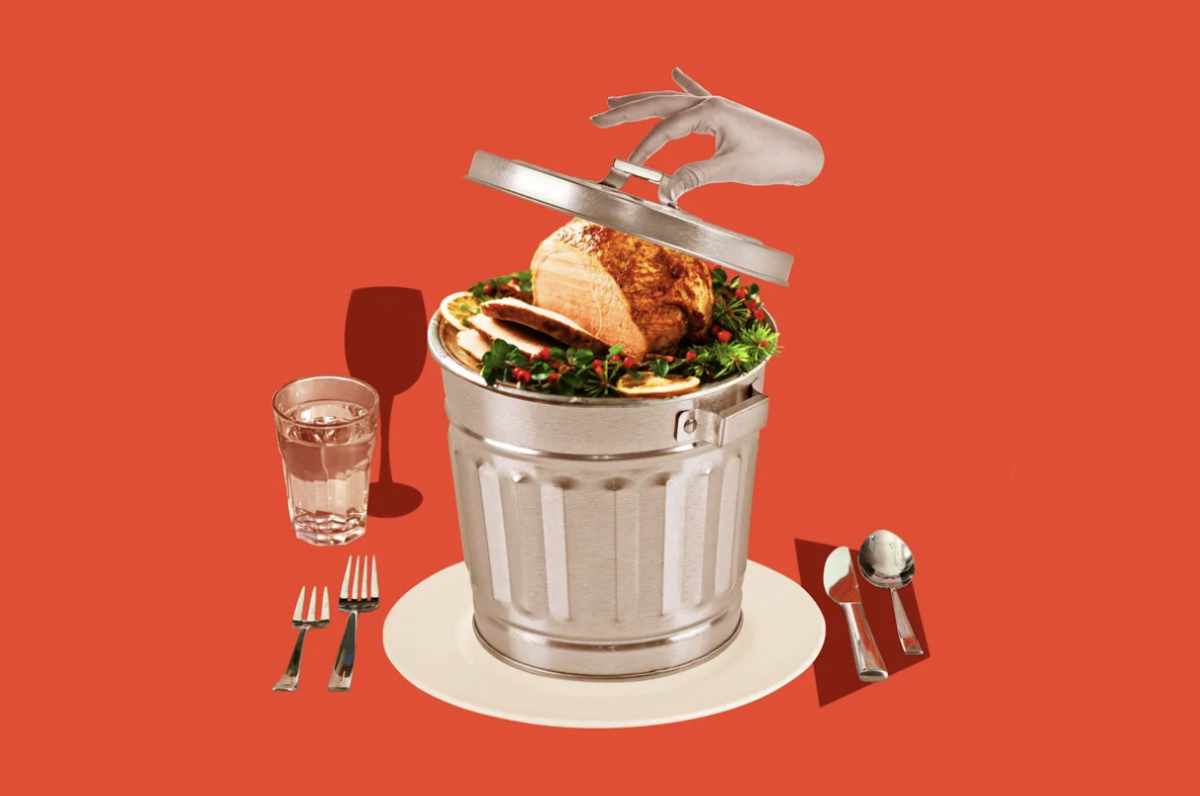With 35 trillion dollars in debt and rapidly rising consumer prices, the United States is currently undergoing economic distress. Each presidential candidate has a different plan to improve the current U.S. economy, with 81% of polled voters saying that the issue is “very important” to their vote. Former President Donald Trump advocates for extending his 2017 Tax Cuts and Job Acts (TCJA); VP Harris proposes raising corporate tax rates; and Stein, the third party candidate, supports an Economic Bill of Rights. Each candidate hopes their plan will sway the as yet undecided voters.
Inflation
During the Covid-19 Pandemic, annual inflation rates spiked from 1.2% in 2020 to 4.7% in 2021 and 8% in 2022 . Although this rate has steadily lowered over the past 4 years, the inflation rate for September was still at 2.4%. This higher rate of inflation has resulted in higher prices for consumers, and the US Department of Agriculture estimated that the average Consumer Price Index increased by 19.2% between 2019 and 2023. Food prices and transportation have been even more heavily impacted, with an estimated 25% increase.
To combat these issues, Kamala Harris has campaigned in support of infrastructure, manufacturing, agriculture (will add additional information, just creating basic structure). She also supports increasing taxes for larger corporations and continuing Social Security, Medicare, and Medicaid . Through these policies, she hopes to lower pricing on services such as healthcare and reduce the income/wealth gap. Her opponent Donald Trump supports increasing American energy production to lower energy costs as well as reducing government spending. He also has campaigned for cutting government regulations for businesses and geopolitical stability for lower prices. Through this strategy, he hopes to increase America’s economic and energy independence as well as creating additional jobs in industry. Jill Stein supports heavily raising taxes upon large corporations and individuals through progressive taxation. She also wants to put banks and utility services into public utilities.
Housing
Affordable housing is very hard to find due to inflation, which means more renters. More renters leads to increased rent and monthly dues, leading to economic homelessness. According to the Los Angeles Homeless Count 2024, in Los Angeles county alone there were 75,312 homeless living on the streets, in tents, or in cars. The country’s homeless population currently counts around 600,000 and millions more are housing insecure. The presidential candidates all advocate for different efforts to fix the country’s growing housing crisis. Harris has stated that she would like to offer first-time homebuyers up to $25,000 in down payment assistance. She adds that she would support the Low-Income Housing Tax Credit which would make tax incentives for builders and federal funds for cities to speed up construction. Donald Trump has stated one of his policy priorities is to help out new homeowners through reducing mortgage rates, open portions of federal lands for home construction, and give tax incentives to new homeowners. Stein has made similar statements on housing, detailing her planned adoption of “Housing First” practices, a vacancy tax on empty homes, and the Real Green New Deal – a plan to build around 15 million publicly owned, green homes over the next 10 years.
Possibly the most influential topics swaying voters at the moment is how the presidential candidates plan to deal with the U.S. economy through taxes. Trump plans to extend his 2017 Tax Cuts and Job Acts (TCJA) and reduce the Corporate Tax Rate, down to 15%. Additionally, he plans to eliminate income taxes on Social Security benefits for the elderly, and raise a 10% tariff on all imports. This tariff on imports is intended to deal with America’s current trade deficit and affect critical supply chains. According to the Tax Foundation, Trump’s proposals have a projected $3 trillion added to the 10 year budget deficit. Contrastingly, Harris plans to expand tax benefits for the middle and lower class, which build on Biden’s Fiscal Year 2025 Budget. She also advocates for raising the corporate tax from its current 21% to 28%, while expanding child tax credit for eligible lower income families. Harris also seeks to support small businesses and increase their growth. The Tax Foundation predicts Harris’s policies would increase the 10 year budget deficit by $2.3 trillion. Lastly, Stein’s campaign advocates for lowering taxes on low income families, applying the Social Security payroll tax on all incomes, increasing estate taxes, as well as, increasing corporate tax on large companies and high-income citizens.
Conclusion
As the election draws near, the economy weighs heavily upon voters’ minds. Trump focuses upon tax cuts and deregulation of business as well as energy independence. Harris looks to progressive taxation and social programs as well as plans to reduce income inequality. Stein proposes public housing and tax reforms. The candidates must effectively communicate their plans to resonate with the electorate’s desire for economic stability and growth.






